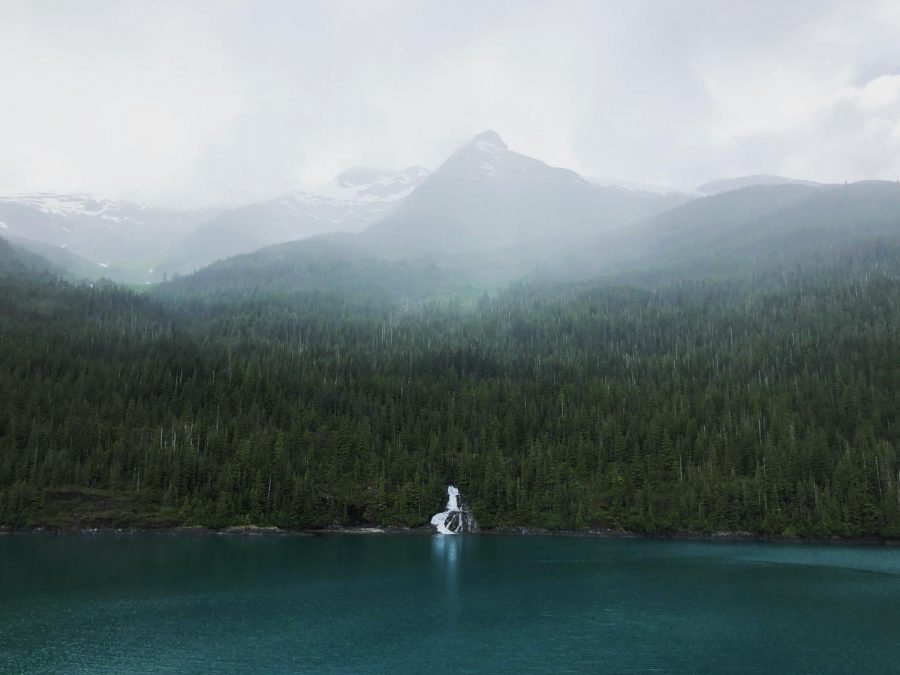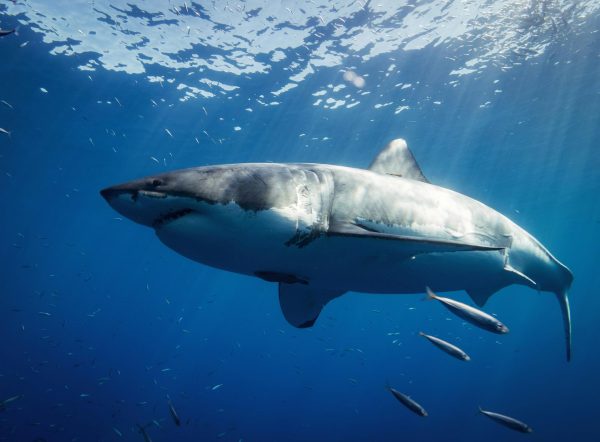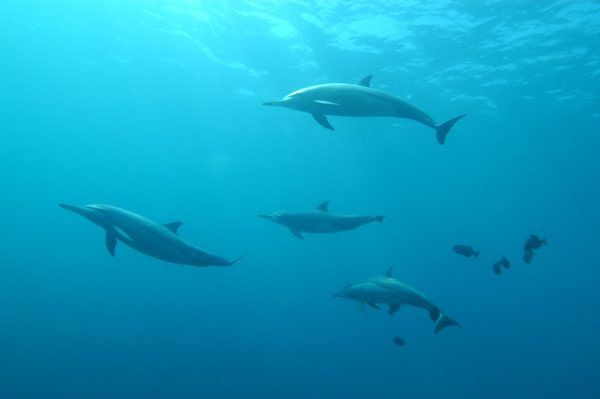Alaska’s Tongass National Forest Loses Federal Protections
November 5, 2020
On October 28, President Trump and the Department of Agriculture announced that federal protections on Alaska’s Tongass National Forest will be repealed. As of October 29, it is legal for logging companies to create roads and cut timber in 9.3 million acres of Tongass National Forest.
Tongass National Forest has been federally protected since 2001, and scientists have identified it as an ecological oasis for North American wildlife. The forest contains the highest density of brown bears in North America, and it serves as a key habitat for Pacific salmon and trout, Sitka black-tailed deer, and many other Alaskan species. Tongass is also a major carbon sink for North America, as it absorbs about 8% of all the carbon stored in the continental United States’ forests combined.
Throughout his presidency, President Trump has sought to expand logging in the Pacific Northwest, despite often touting his commitment to planting trees. The administration argues that logging will stimulate the area’s economy, which has been struggling during the COVID-19 pandemic. However, according to the Southeast Conference, a regional economic development organization, logging only makes up 1% of the economy in Southeast Alaska.
Analysts predict that this decision would be reversed if Democrats win the White House this election.













